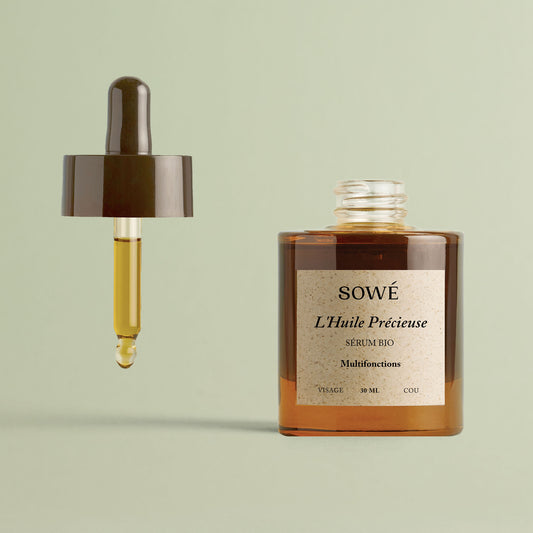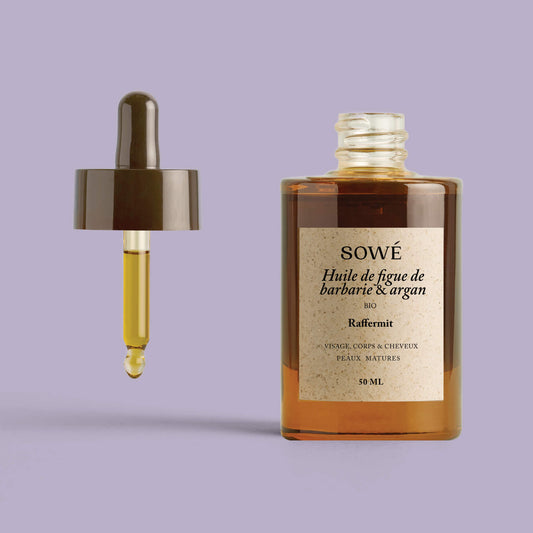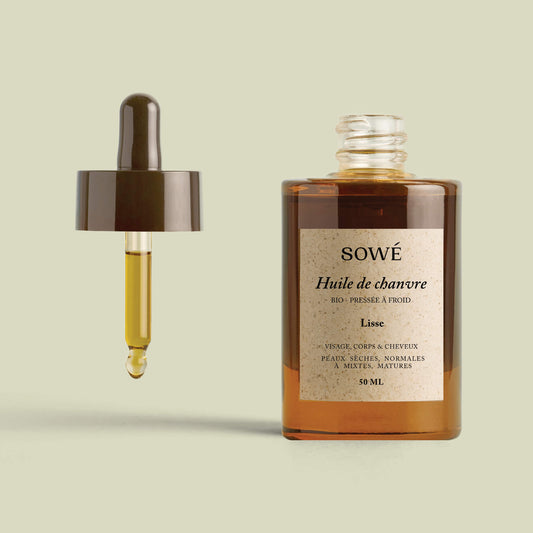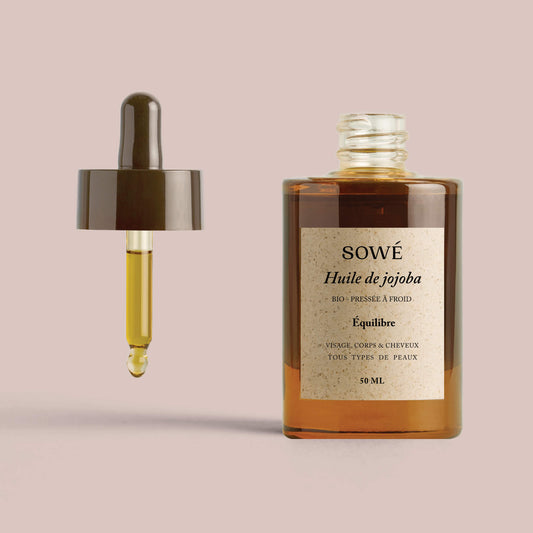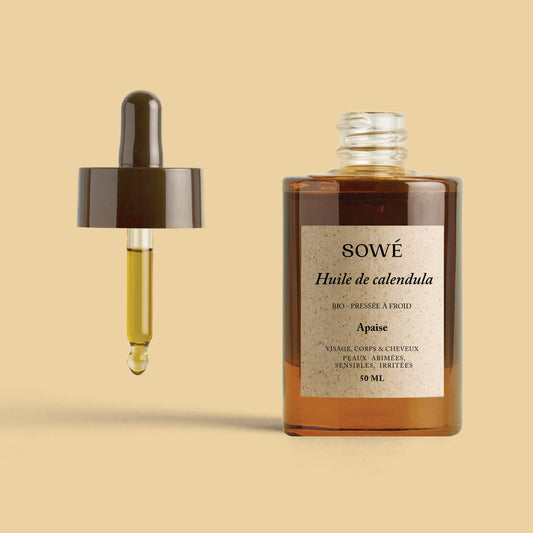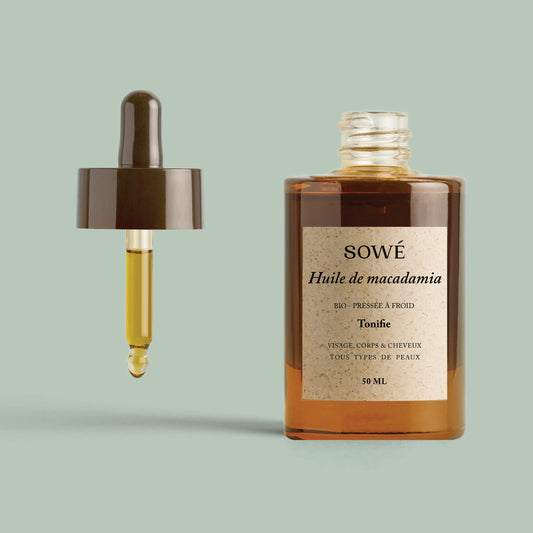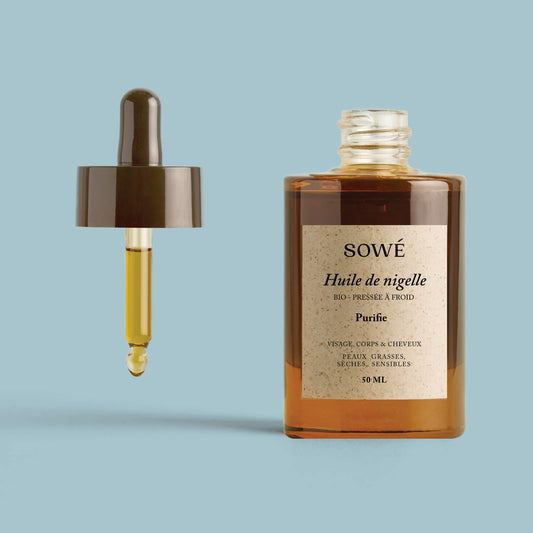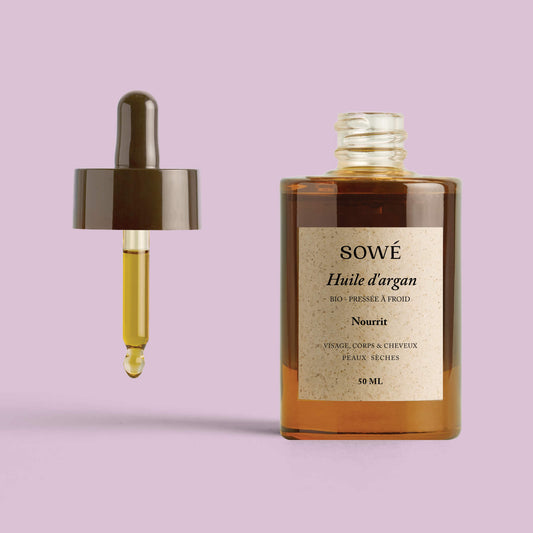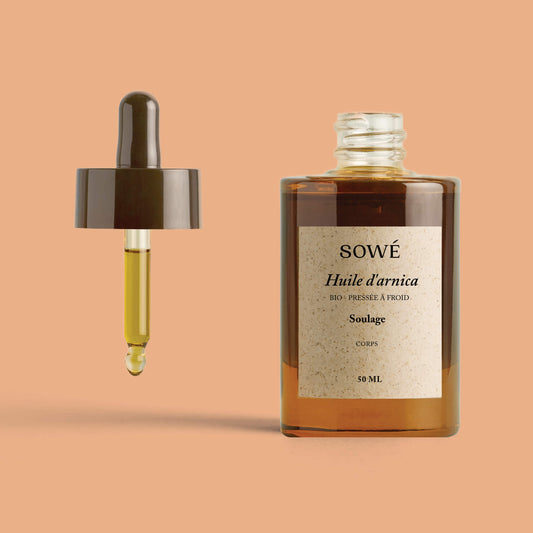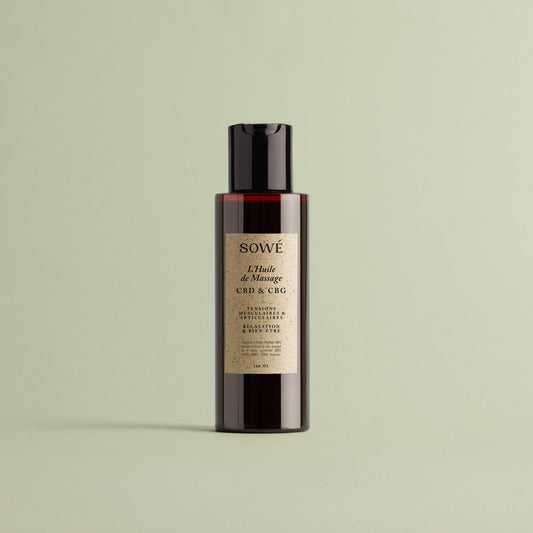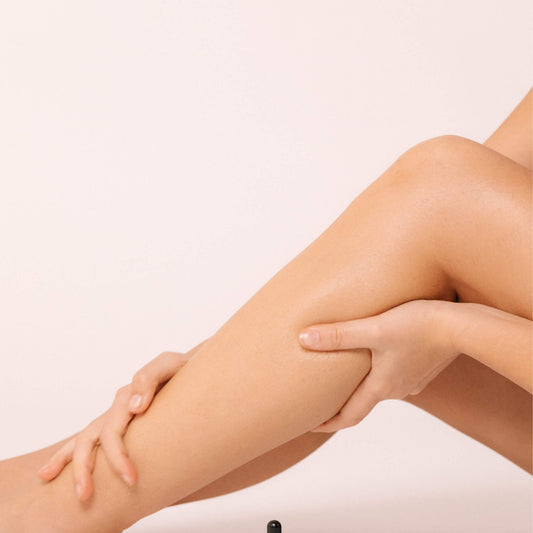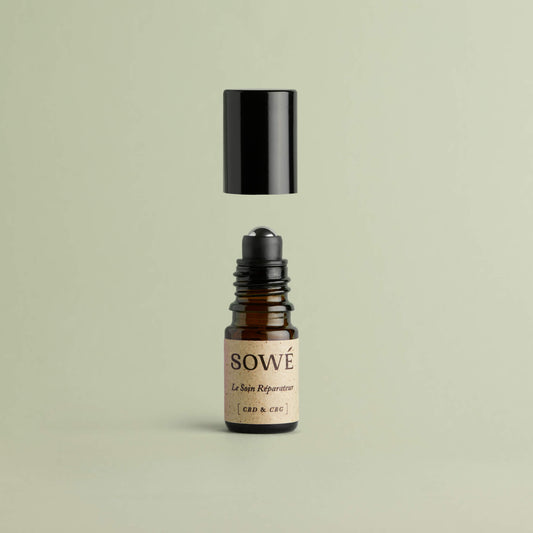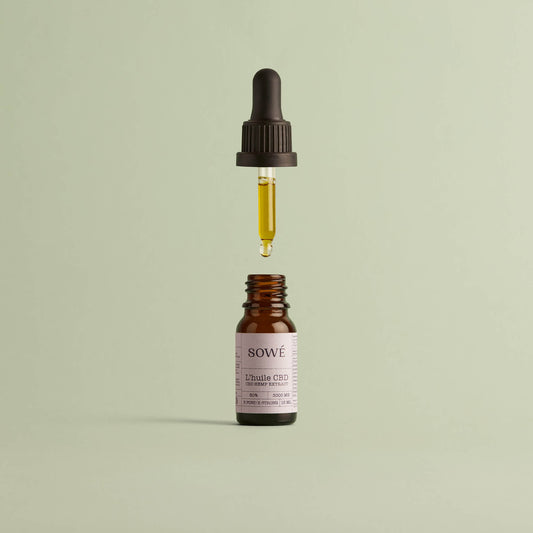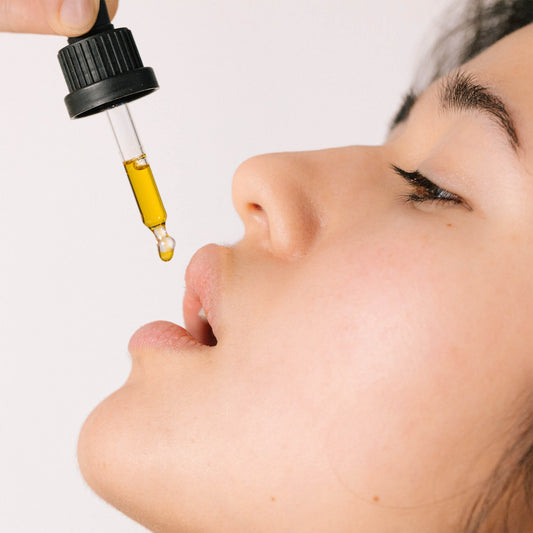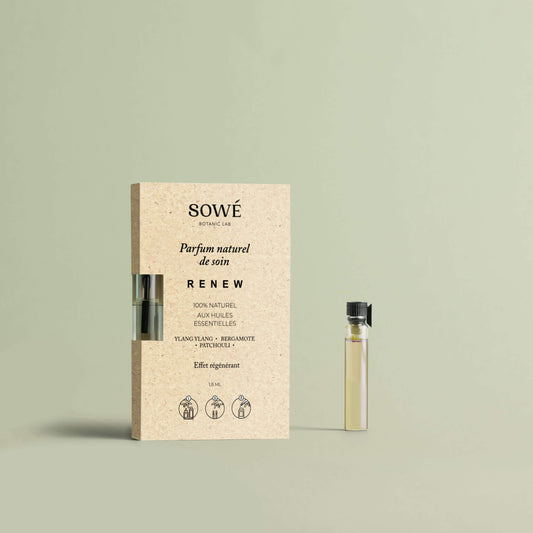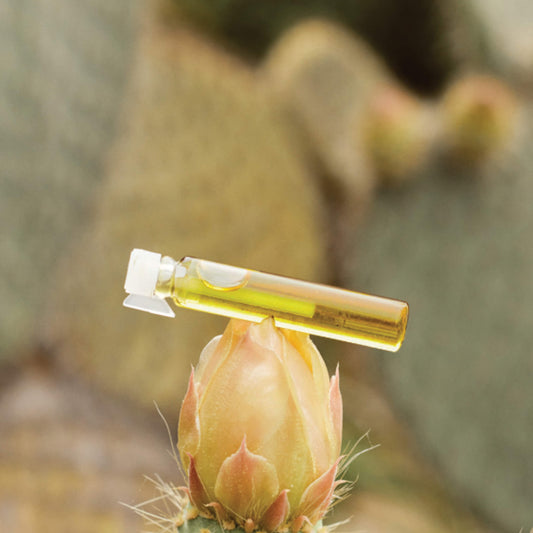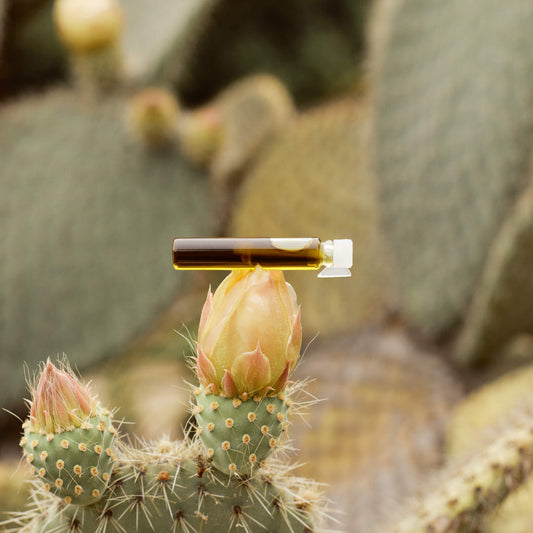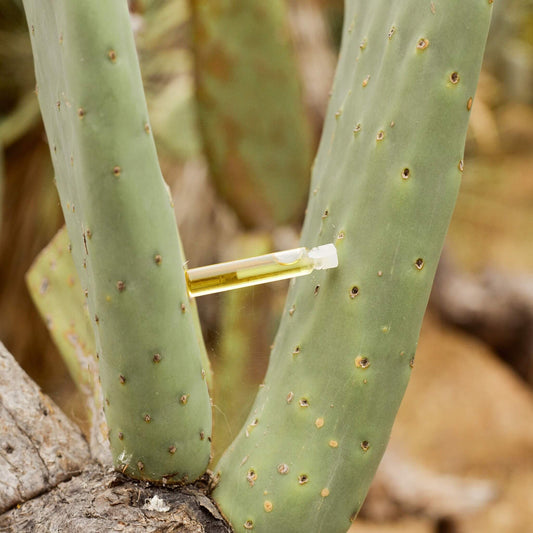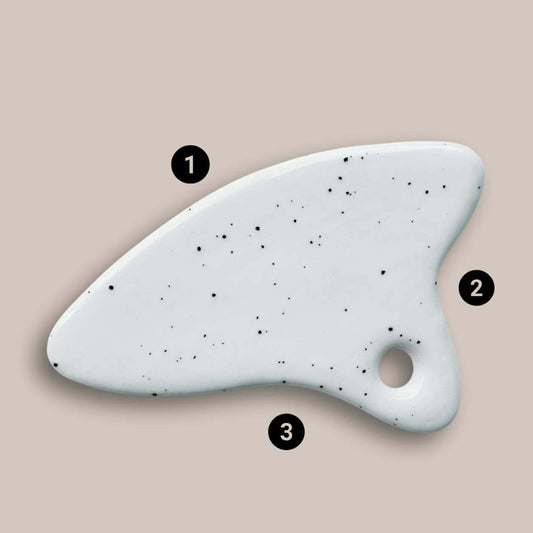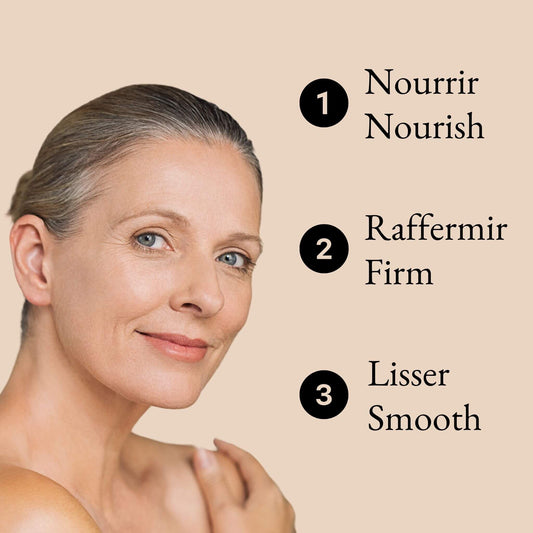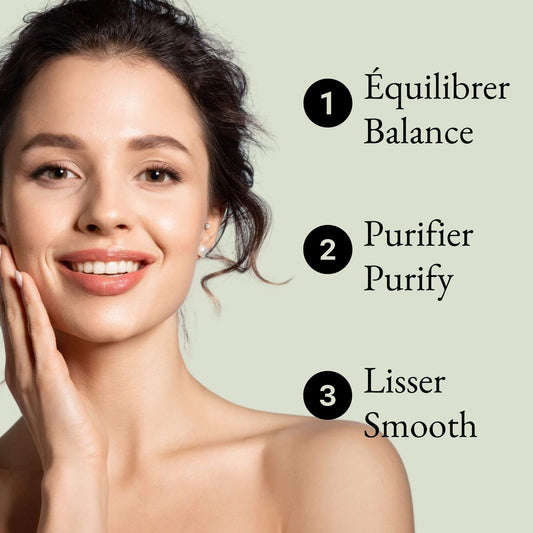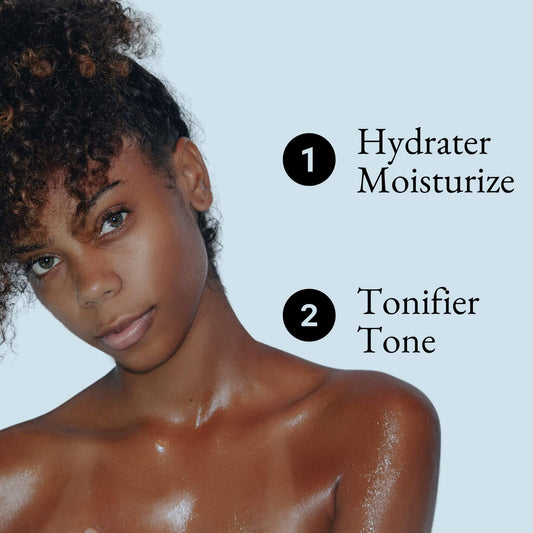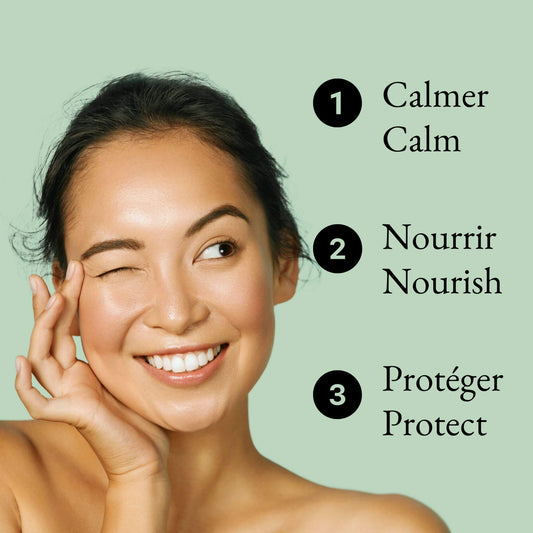How do I choose the right oil to moisturize my skin?
What is the best oil for skin?
In recent years, we have seen the arrival of many vegetable oils on the skin care market. All brands offer oils with nourishing, moisturizing and restorative properties. But are they really?
Our face and body oils have proven to be key elements of your beauty routine, because they are aimed at all skin types. Made from 100% natural ingredients, they are full of nutrients and penetrate effectively into the skin to nourish and protect it.
As a diligent student, you have already read our blog on the benefits that an oil brings to the skin, right?
If this is not the case, simply click on the following link to make it up to you: L'Huile Précieuse, the product to add to your skincare routine.
It's done ? We can start.
There are several types of oils with very different qualities.
Not all are equal. And to fully understand their needs, you need to know their particularities. Know, above all, that there are 3 main families of oils.
Mineral oils
A mineral oil is a mixture resulting from the distillation of certain fossil fuels, to be absolutely distinguished from vegetable and animal oils which are fatty substances composed mainly of triglycerides. From a chemical point of view, this oily liquid is composed of hydrocarbons, mainly alkanes.
Obtained from petroleum and its derivatives or other fossil materials such as petroleum or coal (yes, yes, you read correctly), mineral oils are generally obtained by extraction using a solvent and then processed with the aim of obtaining a more acceptable appearance, lighter odor and better stability. Also easier to store and less expensive than vegetable oils obtained by pressure, manufacturers prefer them.
But their “refining” also means that their fatty acid content has decreased and therefore much less rich and nutritious for your skin. Unlike vegetable oils, they will form an occlusive film which will prevent the skin from being hydrated and nourished if they are used alone.
And if you don't like what you've just read, these oils are very common in cosmetic products. Obviously, these are the oils that cost the manufacturers the least and therefore, unfortunately, the most used...
Vegetable oils
A vegetable oil is a liquid fatty substance at room temperature, extracted from an oilseed plant, that is to say a plant whose seeds, nuts, almonds or fruits contain lipids.
Obtained by the cold or hot expression of oilseed plants, these pure fats are nutritious, rich in vitamins A, D, E, fatty acids and omega 3, 6 and 9.
Each vegetable oil is full of recognized virtues for the skin and body. Usually used in cosmetology, aromatherapy or physiotherapy, these virgin oils can also be used in food.
At SOWÉ, we only use cold-pressed vegetable oils using an endless screw. No mineral oil.
Essential oils
An essential oil, which is sometimes called plant essence, is a concentrated and fragrant liquid which contains the active and aromatic principles of certain plants. Obtained by steam distillation of an aromatic plant or by cold pressing for citrus zest, these essences are a concentrate of active substances
Contrary to what one might believe, an essential oil is not necessarily oily. In fact, it is a volatile essence contained in a part of an aromatic plant: bark, flower, leaf, buds, root, etc. It has the particularity of not containing any fatty acids and does not mix with water, but with oil. This essence has biochemical properties that can have a positive impact on health. Mixed with vegetable oils, for external use, essential oils can be even more effective.
Although they are very frequently used for aromatherapy, alone, these oils are not without danger, in particular because of their high content of active molecule. This is why they are not recommended for young children and pregnant women.
At SOWÉ, we have opted not to include them in the primary composition of our formulas. We want our products to treat all skin types.
Reactive, hyper-sensitive skin with eczema or allergens should avoid these “highly concentrated” oils.
To satisfy everyone, our “boosters”, made up of a choice of 4 essential oils, are offered separately and can be added to your vegetal oil yourself.
Tip: Always check the INCI (International Nomenclature of Cosmetic Ingredients) list which appears on your cosmetic products and/or their packaging. This allows you to know what the product is made of. The lists are all written in descending order, this means that the first ingredient in the list is the one with the highest dosage.
Are cold pressed oils better?
The term “cold pressed” implies that the oil has been obtained from the first press, without excessive heat or other chemicals that would lessen its fragrant aromas and properties. These oils have amazing benefits for your health. Indeed , they retain all their original nutrients and unlike so-called hot-pressed oils, this makes them healthier
This extraction method preserves all the essential fatty acids, antioxidants and vitamin E. The active molecules of these oils remain intact, justifying the cost of their use in the formulation of natural cosmetics.
In other words, you will have an oil rich in antioxidants capable of nourishing your skin thanks to its high fatty acid content.
As with olive oil and its first pressing, the quality of a vegetable oil is determined by its method of manufacture, “extraction”. The oil used to formulate your skin care can therefore be manufactured either:
- by hydraulic press,
- by percussion press,
- or by endless screw press.
Be careful, fatty acid does not mean “touched” or “finished” fatty. At SOWÉ, be sure that all our oils are “dry”.
Sources
- Delran, Philippe. “Les huiles bio de première pression à froid : besoins et bienfaits… - Bio Linéaires, June 29, 2012.
- Susie Bourquin. “Tout ce qu'il faut savoir sur les huiles végétales.” - Doctissimo, August 31, 2016.
- Nathalie Mayer. “Quelle différence entre huile végétale et huile essentielle ?” - Futura-Sciences, March 12, 2022.




